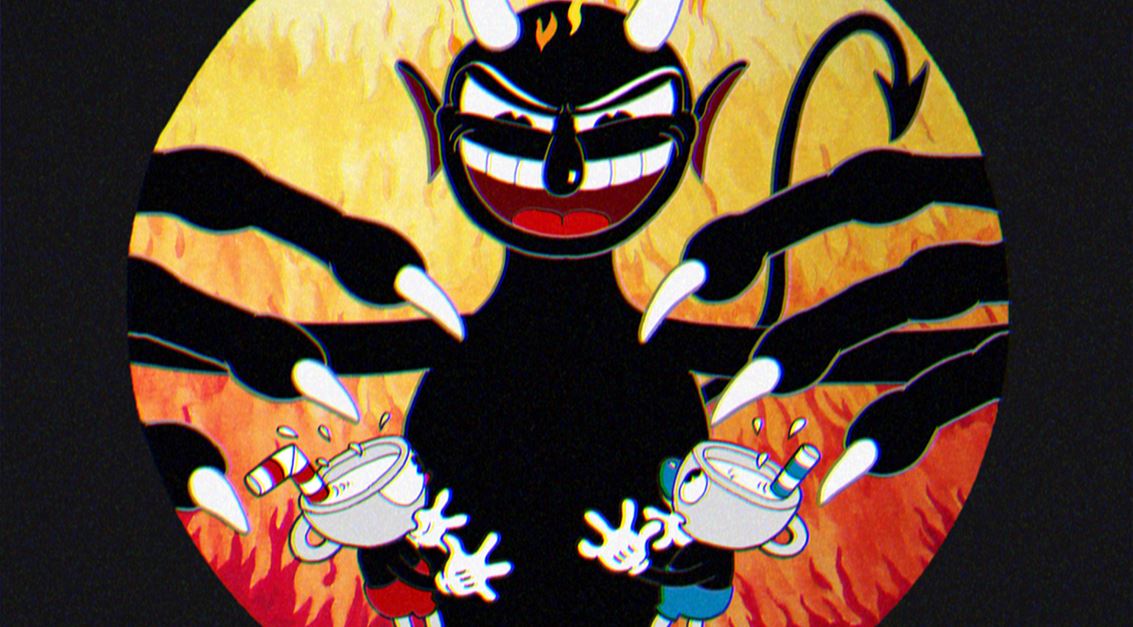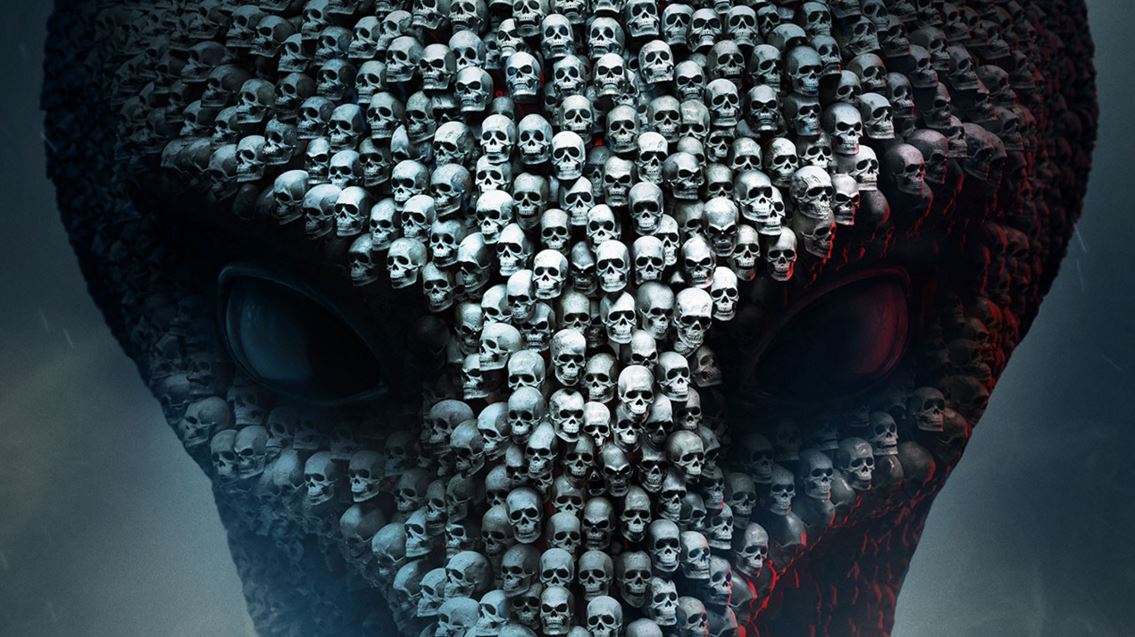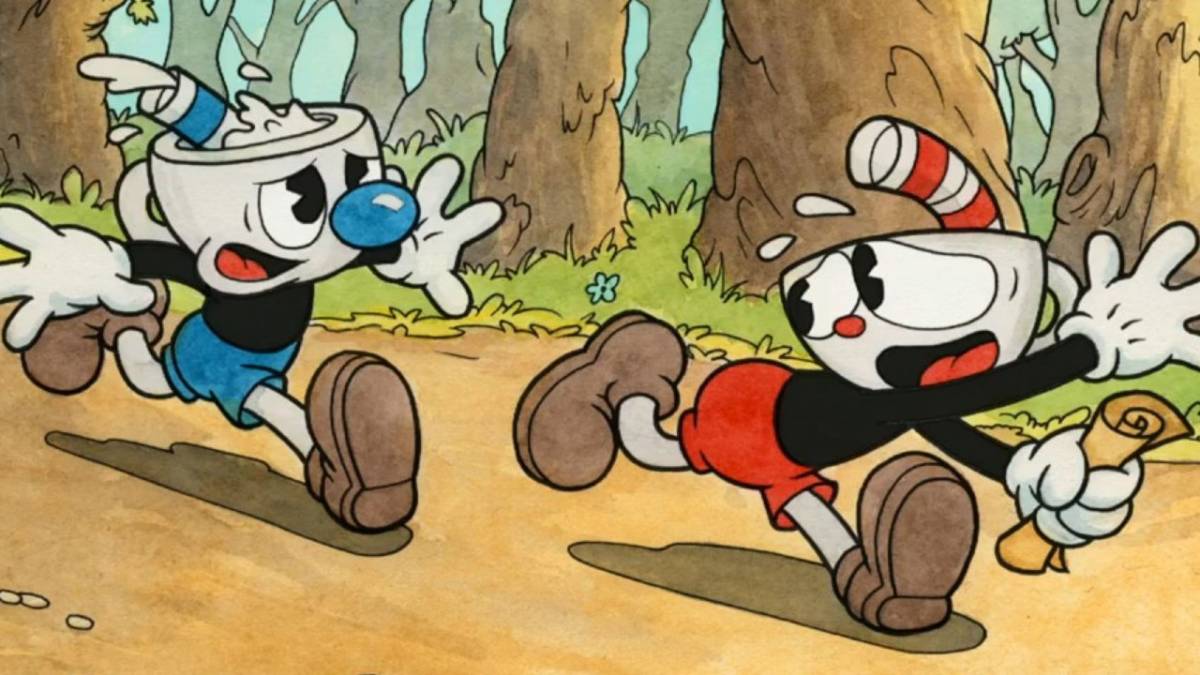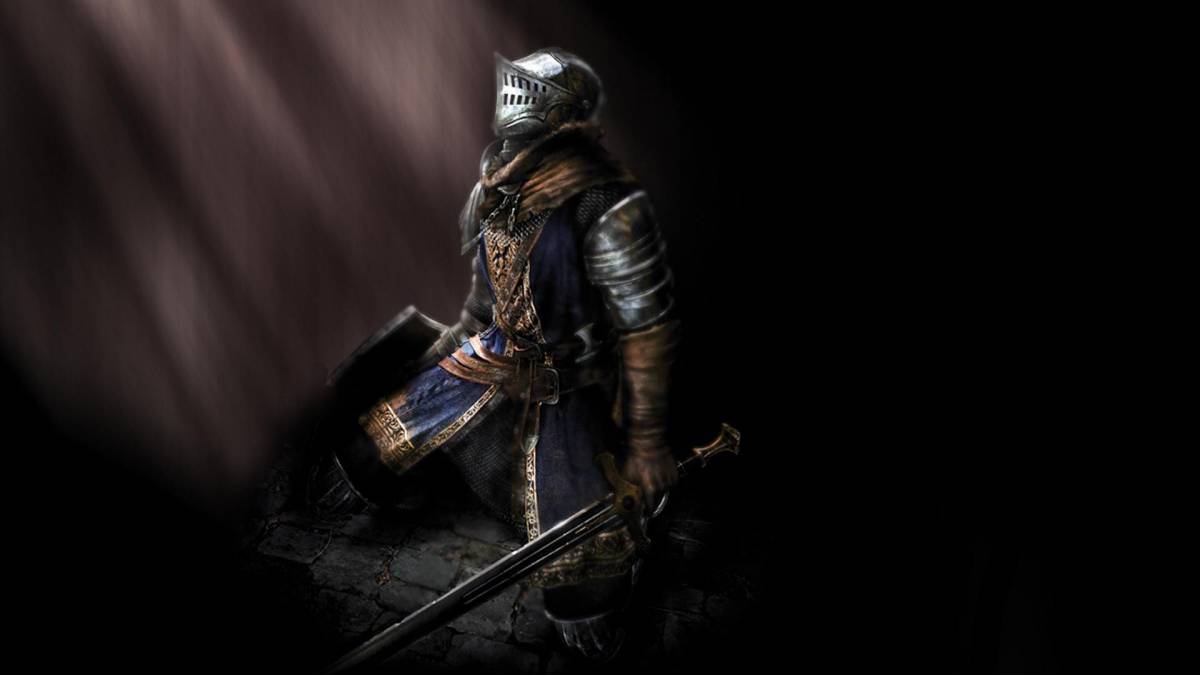I almost always choose the hardest setting when playing a video game. I turn on Ironman Mode, or the equivalent, whenever such an option is available. I choose to do this despite what is often a constant string of failures that, in many games, brings no or very little mechanical advantage toward my next attempt. I love games like RimWorld, Dwarf Fortress, XCOM (and X-Com), and Dark Souls. At the risk of appearing to have a hilarious lack of self-awareness, I am a “hardcore gamer”, at least sometimes. While I certainly can enjoy easier games (I loved A Hat in Time for instance), I find my time is mostly taken up by very challenging experiences. Which is sort of funny in itself, because I do not think I am very good at most video games.
First, let’s attempt and probably fail to define a “hardcore” game, or more accurately, game experience (since many games can be made easier or more difficult by adjusting settings or playstyle). In my mind, a hardcore game is one in which failure to achieve a game’s (to be pretentious) “success state”, which in the short-term might be something like beating a level and in the long-term might be completion of the game, is highly improbable without first mastering, or at least becoming very practiced in, the game’s mechanics. Even this is not totally all encompassing of what we traditionally call “hardcore” since in a game like Dark Souls (which few will argue is not a hardcore series), you theoretically could just power level through much of the game’s difficulty. However, doing so would require a great deal of time if that player literally learned nothing about the mechanics while doing so (which seems pretty darn unlikely).
So perhaps a “hardcore” experience is better defined as one in which skill is highly rewarded, either through stylish displays, accolades, or the ability to overcome challenges in timeframes or ways less skilled players never could. Developer Darran Jamieson discusses this a bit in a post he made, noting that in many games “[g]etting a high score doesn’t really mean anything, but it gives players an additional goal to aim for”. It should be noted that oftentimes the difference between a “hardcore” experience and a more casual one is simply how much one cares about their rating or appearing stylish (as is certainly the case in a series like Devil May Cry, for instance, besides the occasional unique encounter added in harder difficulties).
I have some theories as to what leads to the hardcore mentality, where someone gets a sense of pride and enjoyment in playing particularly difficult games. Of course, not everyone plays a difficult game for the same reason but there are certainly a few common reasons folks are drawn to certain challenges.
Coincidence
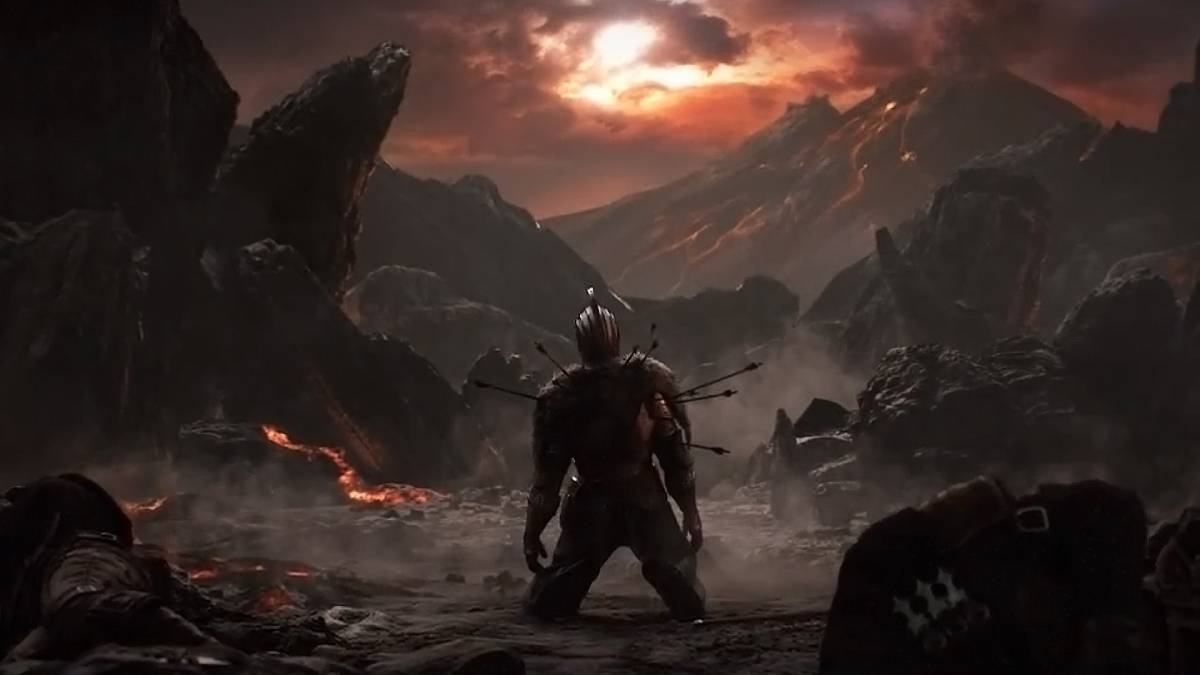
Sometimes a particular game will strike all the right notes with us, and just happen to be difficult. If you loves Dark Souls’ aesthetic, you might find yourself willing to face its often steep difficulty curve in order to learn enough about the game’s mechanics in order to complete it and engage with the parts of the experience that drew them in. This group of people sees a difficult game, which in the case of Dark Souls does not have a difficulty slider that they otherwise might ordinarily choose to lower if it was present, and will play it in spite of its difficulty, rather than because of it. I mean it with no insult when I say I am not sure these types of gamers should be defined as “hardcore”. Rather, the fact that they are not so much seeking out hardcore experiences so much as are seeking certain experiences that overlapped with a hardcore game makes that moniker just seem kind of inaccurate when applied to them. A person is allowed to enjoy a particularly difficult game, whether or not they usually play difficult games, after all.
Personally, I think this is why I was drawn to the Monster Hunter franchise. I just really liked the idea of all the gear and upgrades and big monster fights, without really thinking too hard about the difficulty (and the series has always had some pretty brutally difficult boss monsters). This might be an unfair statement, since I already enjoyed hardcore games before entering that franchise, but I don’t really remember my choice to engage with it really being based on difficulty.
Overcoming Adversity
Many gamers (humans in general, really) get a thrill out of facing a challenge that many have tried and failed at, and overcoming that challenge. The idea of overcoming seemingly insurmountable odds is a common source of enjoyment in games, but the difference in hardcore games is that the odds genuinely are quite difficult. For example, in Ocarina of Time, bosses clearly are meant to evoke a sense of terrible evil and a power that will be incredibly hard for the hero (in this case Link) to overcome. But the reality, mechanically, is that most players will not find most of the bosses in that game incredibly difficult. Not easy necessarily (except maybe Ghoma, who is very easy) but most players will beat most bosses in a couple of tries once they understand how to harm them. This is not a criticism, either — many games are about the fantasy of extreme power and heroism.
Compare this to XCOM 2 on its hardest setting (called Legendary mode). In this game, players are tasked with overthrowing alien tyranny fighting a guerrilla war against seemingly impossible odds. Mechanically, on Legendary settings, these basically are impossible odds, where even the most veteran of players can struggle to meet the necessary mastery (and rail against cruel RNG) in order to succeed. Ocarina of Time can be obliterated by veteran players, with many adding their own challenges, such as never gaining another heart container from the initial three, in order to keep the game engaging to them. Hardcore players enjoy the feeling that the odds truly were stacked against them as the player, and succeeding anyways.
I would argue this is where most of my own, and I would guess most others’, joy comes from hardcore experiences. Facing down an exceptionally difficult challenge and succeeding at it can be rewarding, and it is the type of experience that, regardless of whatever other game you might do terribly at, nobody can take away from you. I think this is also personally why I find it challenging to lower the difficulty of a game; I feel like I will regret failing to rise up to the challenge even if I can complete the game and still have fun on an easier mode.
Competition
Similar to overcoming adversity, many players get joy out of testing their skills against other gamers. Knowing one is more skilled than their peers gives a sense of pride and accomplishment that many value (perhaps too much sometimes). This most readily applies to highly competitive games like Starcraft or Rainbow Six Siege, but any challenge where others tend to fail can bring you a sense of pride when you achieve success. Whereas “Overcoming Adversity” was meant in the sense of player vs. game, I refer to competition as in the sense of pride that comes from player vs. player victories. We often enjoy winning when others lose (which maybe says something negative about the human condition, I suppose). Knowing how many players bounce off games like RimWorld or Cuphead, or at least fail to finish them on their hardest settings, can make those who actually beat those sorts of challenges feel special, even superior.
I would like to note that I think players who derive this type of enjoyment (and I know at least part of my own enjoyment of difficult games falls into this category) are most at risk for developing toxic behavior patterns. Competitive pride is, in essence, taking pride in being superior to another at a given task. It is very important, and I try to always keep this in mind, that we remember these are just games at the end of the day and that so long as those other players have fun playing the way they do, their fun is just as valid (unless their fun is something like spewing hate speech in chat anyways). Our pride and fun, in this case, should come from being notably talented and skilled, rather than other players being worse than us. Certainly there is a problem if one’s fun comes from telling others how much worse they are.
Growth

Probably more than any other type of game, truly hardcore games (not artificially or willfully frustratingly difficult ones, like QWOP or poorly made mobile games, an interesting video on which can be found here) tend to have very high skill ceilings. The Dark Souls series has a famously complicated competitive meta, where proper item and build choice blends with complex manoeuvring that can take a long time to properly master (which in some cases even require understanding unintended mechanics like latency). It is a very fulfilling feeling to begin a game knowing very little and to begin learning enough to either start regularly defeating other players or to overcome a game’s more difficult challenges. Rather than a thrill from beating some great challenge, a thrill might instead come from slowly rising to the occasion and evolving as a player.
I think many players who would not initially describe themselves as “hardcore” fall into certain hardcore experiences via this sense of enjoyment. When you learn enough about your favorite game to readily beat it on its “Normal” mode or similar setting, you may seek a greater and more genuinely difficult (in terms of how the average player would view it) experience. I believe many speedrunners begin this way (although I admit many are probably what we consider “hardcore” gamers to begin with), first playing a game casually and then adding the (often extreme) challenge onto the game of trying to learn how to beat it as quickly and efficiently as possible.
Hardcore gaming has become a bit of a meme in recent years. It brings up thoughts of toxic online communities like Counter-Strike’s, with their insular nature and vitriolic attitudes towards newcomers. In single-player terms, it can bring up the “Git Gud” mentality many Dark Souls players preach, rejecting the confusion or complaints of players unfamiliar with the game in unhelpful ways. Whether I like hardcore gaming or not (and I do), I also find these types of player behaviors very troubling, because they essentially raise the barrier to entry of these sorts of games when that barrier was already very high. Not to mention this type of behavior seems to attempt to justify acting like a jerk with the fact someone knows more about a video game than another person.
Overcoming challenges is rewarding. It is not the only way games can be rewarding, and I readily acknowledge that. Story, aesthetics, the fantasy of power, escapism, and more can be the reason one engages with a game, and none of these are exclusive to either hardcore or casual experiences. Many find extreme challenge frustrating, and I will be the first to admit I sometimes do too. I love XCOM 2 but will probably never beat it because Legendary mode (as far as I, someone who is by no means a pro at the game, can tell) feels improperly balanced in the early game regarding its RNG, making the part of the game I have to play the most feel unfair and extremely difficult (especially the first mission). I’ll also note that, gosh, that community in particular has some very helpful and some extremely unhelpful people in it (I will spare readers a link to vitriolic fanboyism).
Niche hardcore experiences are on the rise, with numerous roguelikes and souls-likes (Soullikes? Soulslikes?) coming out each year. Ironman modes are popping up all over (not that such modes are universally new) and I am of the impression that developers are just increasingly aware of the thirst for tough, well-balanced, challenges. Some people say video games are getting too easy, and I disagree. I instead believe that video games are simply diversifying, delivering a wide array of fun experiences for all types of players. Even the likes of Mario Odyssey, which itself is not too hard to beat, has some supremely challenging moons to net. I would absolutely love to see more people attempting hardcore gaming challenges, and to see developers and communities taking steps to stop the vitriol that often repels newcomers.
Some of the coverage you find on Cultured Vultures contains affiliate links, which provide us with small commissions based on purchases made from visiting our site.
